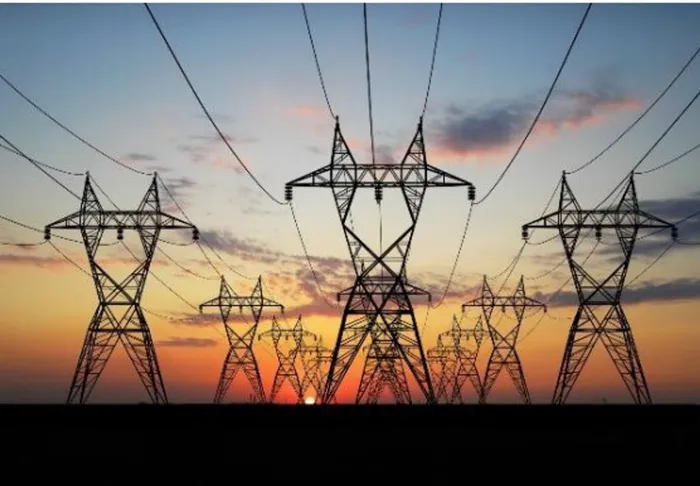Salga warns Nersa’s private power licences could destabilise municipal systems

Salga has strongly criticised Nersa's decision to grant electricity trading licences to private companies without finalising a regulatory framework, warning it could undermine municipal revenue, constitutional mandates, and the stability of South Africa’s electricity sector.
Image: Supplied
THE SOUTH African Local Government Association (Salga) has sounded the alarm over the National Energy Regulator of South Africa’s (Nersa) decision to issue electricity trading licences to private companies before establishing a clear and comprehensive regulatory framework.
As the constitutionally mandated representative body of municipalities, Salga said the move — taken without finalised trading rules or adequate public consultation — poses a direct threat to the financial stability, constitutional mandate and operational integrity of local governments.
Eskom has voiced similar concerns, creating a rare alignment between the utility and local government structures on energy policy.
A regulatory gap with major implications
At the heart of Salga’s objection is a regulatory gap that, if left unaddressed, could undermine both local governance and the stability of municipal electricity distribution systems. The association warned that without proper rules in place, the electricity market could descend into a free-for-all in which private traders target only high-paying customers, leaving municipalities to shoulder the burden of less reliable payers.
Salga said finalised trading rules are essential to ensure:
- Clear definitions of customer eligibility and trader rights;
- Protection of redistributive and cross-subsidisation obligations embedded in municipal tariffs;
- Safeguards against predatory competition in licensed municipal areas of supply.
These safeguards, the association stressed, are not simply bureaucratic red tape — they make it possible for municipalities to maintain universal service delivery while keeping costs fair for lower-income households.
The risks on the table
Erosion of revenue and service delivery: Electricity sales are one of the most critical income streams for municipalities, funding not only power supply but also vital infrastructure such as roads, water and waste management. If private traders are allowed to target only high-value customers, municipalities could lose significant revenue, undermining service delivery for everyone.
Infringement of constitutional mandates: Municipalities are constitutionally tasked with reticulating electricity within their jurisdictions. Salga said the uncoordinated entry of private traders into these areas constitutes a direct infringement of this authority.
An uneven playing field: Private traders may be able to offer more competitive prices to premium customers because they are not bound by universal service obligations. This creates a market imbalance that disadvantages municipalities, which must serve all customers regardless of profitability.
Worsening the municipal debt crisis: Municipal debt to Eskom already exceeds R100 billion. Without mechanisms such as clearing houses, restrictions on defaulting municipalities, and trader contributions to subsidy pools, Salga warned that the crisis will deepen, further weakening both Eskom and the national fiscus.
Call for regulatory pause
Salga has called for Nersa to suspend the approval of further trading licences until a transparent and balanced regulatory framework is finalised. The association also wants municipalities to be treated as equal partners in designing these rules, to ensure they uphold the developmental mandate of local government while keeping the market fair.
Related Topics: